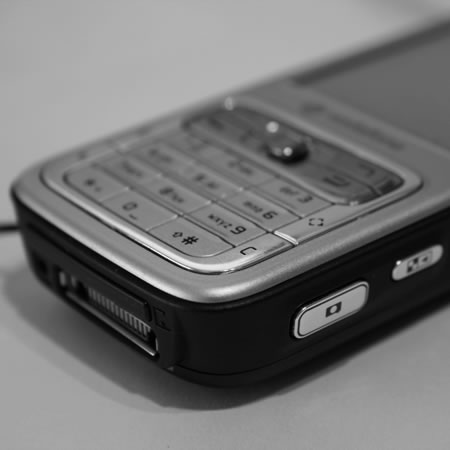One thing I have noticed attending a few events recently is that the wireless networks have been unable to cope with the large number of delegates wanting to use it.
This happened at the MoLeNET Launch Conference, noted by others as well including Andy Black. I also noted it happened at other events as well.
A few years (or even just a year ago) if you attended an event with free wireless, there were probably just a few of you who used it with their laptops. Today if you attend an event, you may find that everyone (virtualy everyone) has a laptop and if not a laptop then a PDA or a phone or an entertainment device with wifi capability.

As a result the wireless networks can not cope and if you are late to the event, you will find that though your wireless laptop can see the wireless network it will be unable to be assigned an IP address by the router. With a self-assigned IP address your laptop will the be unable to route any kind of network traffic, so no connection to the internet.
Generally this happens because most wireless routers can only deal with a limited number of wireless clients. The Airport Express for example can only handle ten clients, the Airport Extreme can handle fifty.
Once the wireless router has reached the maximum number of clients, then it will no longer assign IP addresses, and any “extra” clients will not be assigned an IP address.
Now in theory what should then happen is that when one of the wireless clients is disconnected from the wireless network, it should release their IP address and the router should then be able to assign the IP address to a new client. What usually happens is that the client does not correctly release the IP address (the laptop is hibernated or turned off without shutting down properly) and therefore as far as the router is concerned, the IP address is still in use.
The solution is to reboot the wireless router, which in a conference or at an event is nigh on impossible, as most conference organisers don’t even know where the router is let alone how to reboot it (turn it off and back on again).
As more and more delegates at conferences and events use wireless devices, the more important it is for event organisers, conference centres and other places which hold events, to ensure that their wireless networks are scalable and can cope with the number of wireless clients.
The same can also be said for educational institutions which already have wireless networks or are thinking of introducing them.
Just because my wireless router can cope with my home network, doesn’t mean that I can use something similar in an institutional context.




